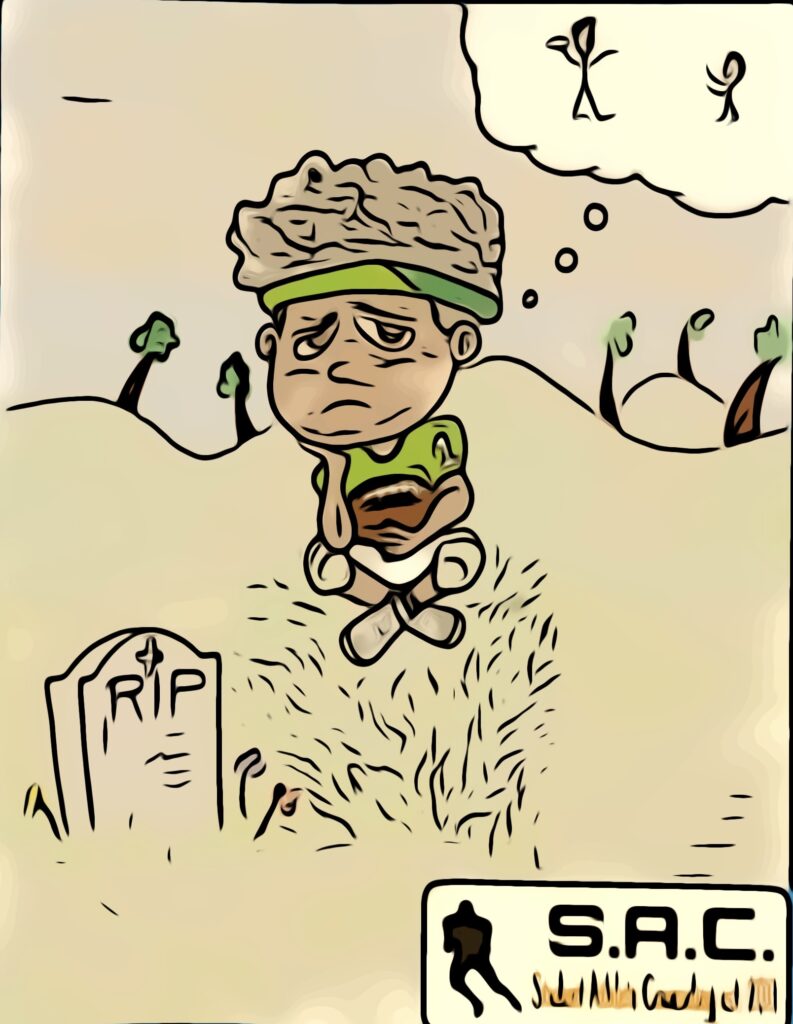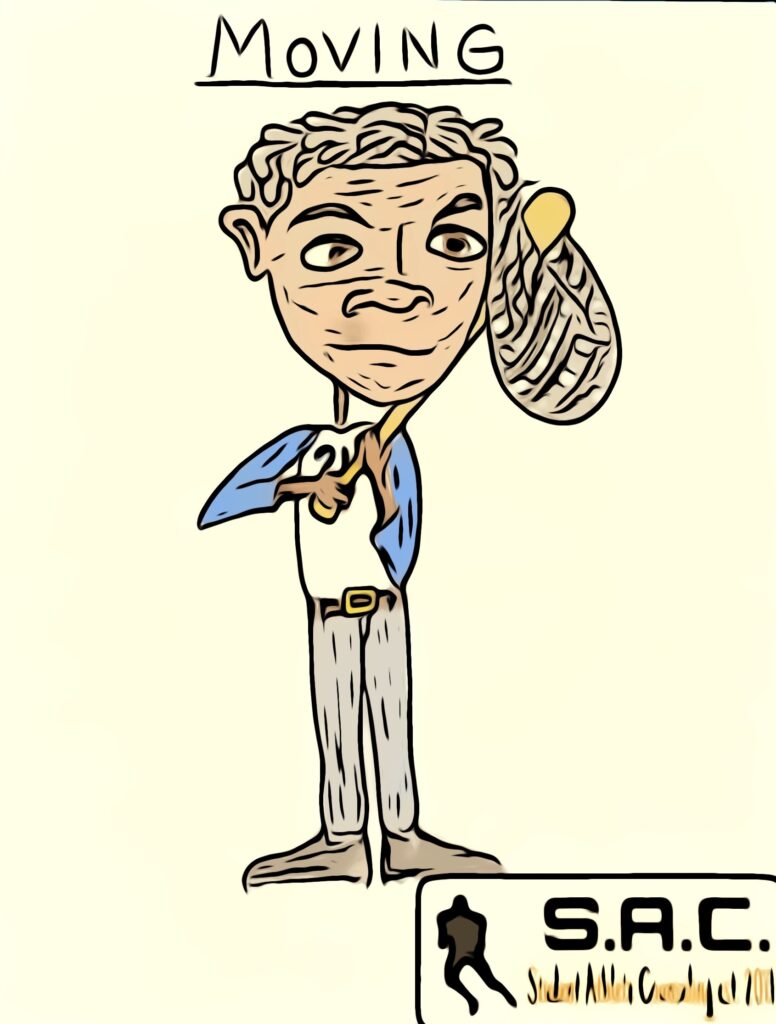The Effects of Loss on African American Male Student Athletes PART I
Jamal T. Jackson, MSW, LCSW
February 26, 2020


For mental health providers working with African American male student athletes it is important to understand the populations deeply rooted challenges in order to better support with the experience of loss. In my research findings African American male student athlete loss can be broken down into three categories. The first category includes loss of a parent/close relative/friend through separation, divorce, incarceration, death, and homicide. The second category of loss depends on this population’s circumstances, and includes growing up in a one parent or no parent household. The third category of loss includes varying degrees of foreseen or unforeseen transient actions which could include, parent(s) and or caretakers moving their families to another city/state and away from the only home/community that their child has known as well as any circumstance where a child has to “Start Over” socially and academically.
When encompassing the African American male student athlete progression into sports throughout the history of the United States, we must consider not only the family structures and the burden of social perception, but also the individual student athlete, and the tensions created by the progress of social acceptance and the impact of personal experience. The foundations of the African American experience in the United States are deeply rooted by the manifestation of slavery and oppression. It was the confidence generated through faith and resilience that brought forth the willpower to fight for civil rights for all African Americans in the United States. However, the regression of modern day perceptions has created the uprising of more discreet racism and microaggressions to influence the African American student athlete’s experience in today’s educational institutions. In considering the connections between school integration, and the experience within athletics, we must consider the historical progression of segregation, academic expectations, and the athletic focus in relation to African American student athletes.
The challenges that derive from deeply rooted cultural experience, perpetuates in modern day African American student athletes through their struggles to navigate personal loss, with clear understanding and interventions specific to their experience. Therefore, in order for mental health providers to implement meaningful interventions with African American male student athletes who have experienced loss, it is important to understand the cultural challenges of African American people both past and present.